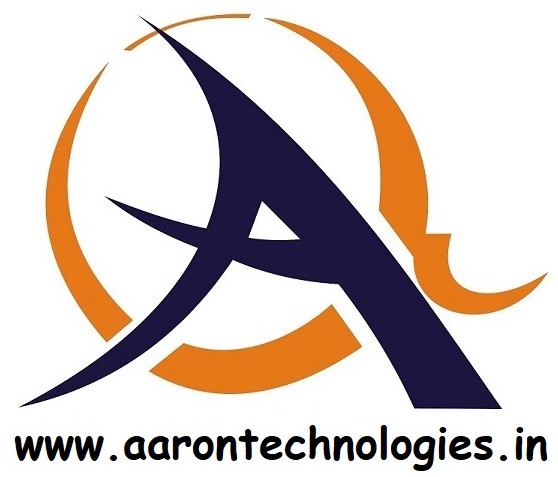Navigating Compliance: Software Requirements for Shipping Companies in the Age of Regulation
In the maritime industry, compliance with international regulations is not just a matter of
legal obligation; it's crucial for ensuring safety, environmental protection, and
operational efficiency. Regulations such as SIRE 2.0 (Ship Inspection Report Programme),
SOLAS (International Convention for the Safety of Life at Sea), and similar. Standards set
stringent requirements for shipping companies. To meet these standards effectively, shipping
companies must rely on sophisticated software solutions tailored to their specific needs.
One of the primary software requirements for shipping companies is compliance management
systems (CMS). These systems are designed to streamline regulatory compliance by
centralizing data, automating processes, and providing real-time insights into compliance
status. CMS solutions typically include modules for document management, audit tracking,
risk assessment, and regulatory reporting, enabling shipping companies to stay ahead of
evolving regulations.
Integration with industry-specific databases is another crucial aspect of compliance
software for shipping companies. Platforms like RightShip's Ship Vetting Information System
(SVIS) provide comprehensive data on vessel performance, safety records, and environmental
credentials. Integration with such databases allows shipping companies to assess vessel
suitability, monitor compliance with industry standards, and make informed decisions
regarding chartering and risk management.
Moreover, software solutions tailored to SOLAS compliance play a vital role in ensuring
vessel safety and operational integrity. These solutions encompass a range of
functionalities, including voyage planning, stability calculations, emergency response
planning, and electronic logbook management. By leveraging advanced simulation and modelling
capabilities, SOLAS-compliant software helps shipping companies mitigate risks, optimize
route planning, and enhance on-board safety procedures.
In the context of SIRE 2.0, software requirements extend beyond vessel operations to
encompass quality management systems (QMS) for ship inspections and audits. SIRE-compliant
software facilitates the preparation, conduct, and reporting of ship inspections in
accordance with OCIMF (Oil Companies International Marine Forum) guidelines. Features such
as inspection checklists, electronic documentation, and performance analytics empower
shipping companies to demonstrate compliance with industry best practices and uphold safety
standards.
Furthermore, software solutions for shipping companies must adapt to emerging regulatory
frameworks and industry initiatives. With the growing emphasis on environmental
sustainability, compliance software increasingly incorporates modules for monitoring
greenhouse gas emissions, ballast water management, and fuel efficiency. Integration with
regulatory bodies and classification societies ensures alignment with evolving standards and
facilitates certification processes.
In conclusion, compliance with regulations like SIRE 2.0, SOLAS, RightShip and similar,
standards is a paramount concern for shipping companies worldwide. To navigate the complex
landscape of maritime regulations effectively, shipping companies require robust software
solutions that address their specific compliance needs. By investing in sophisticated
compliance management systems, integration with industry databases, SOLAS-compliant
software, and SIRE-compliant quality management systems, shipping companies can uphold the
highest standards of safety, environmental stewardship, and regulatory compliance.



